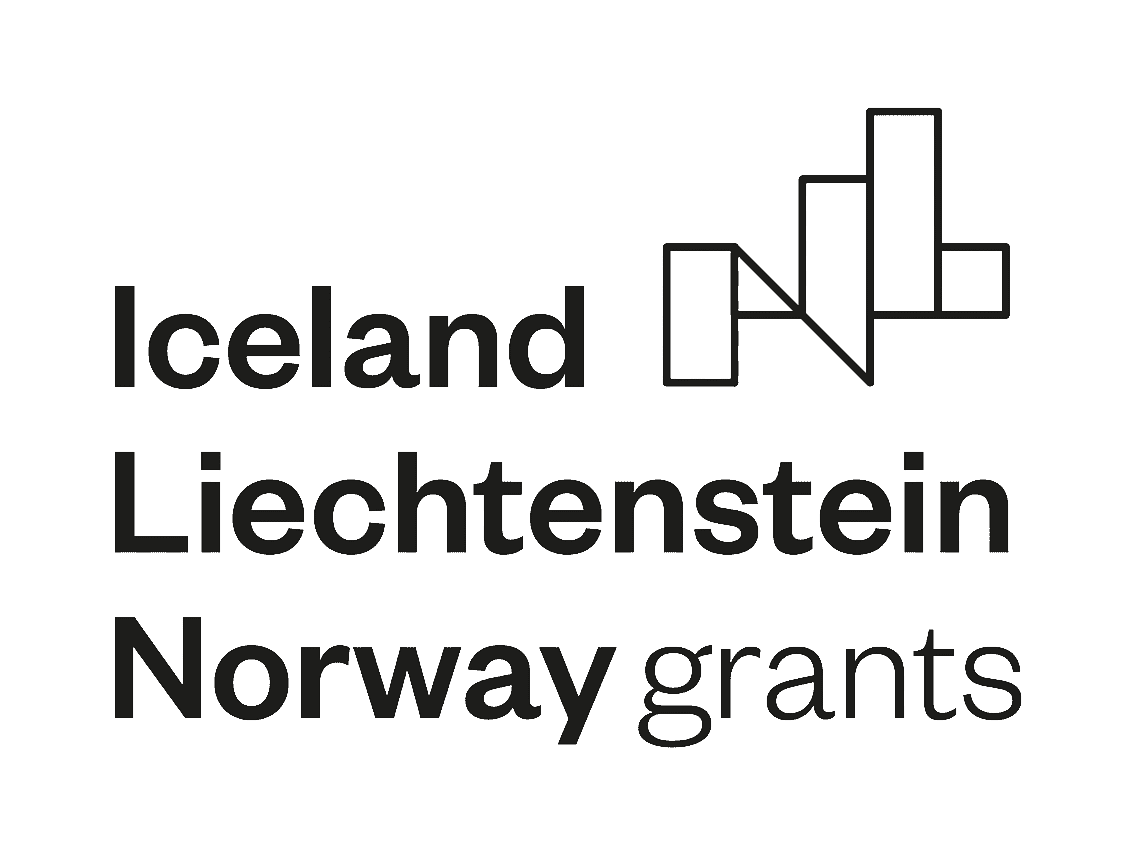Summer School ran between
July, 8th – July, 26th,
for 5 days/week, 6 hours/day,
between 09:30 – 17:30,
with 3 hours of teaching and 3 hours of workshop
Section 1 – Medical
| Day 1 | Opening & Organisational Medical reason for the course | Genetics perspective Genetics Fundamentals (2 hours) | medical perspective over the need for the integrated approach with specific examples from Urology, Cardiology, Gastroenterology, Genetics perspective general principles of genetics announce the group components give validated data sets per group for exercising from existing data repository for educational purposes (mockup data) |
| Day 2 | Epidemiology perspective Epidemiology Fundamentals | Workshop Genetic Epidemiology workshop Phenotype – genotype correlation (1 hour) example of epidemiology study design based on provided “use-cases” (1 hour) | Epidemiology perspective general principles of genetic epidemiology workshop data:teacher mock-up data |
Section 2 – Statistics & Bioinformatics
| Day 3 | Bioinformatics Fundamental elements of statistical genetics Elements of statistical study design | Workshop statistical tools statistical basic processing basic data visualisation | examples based on genetic data sets R based work individually on given examples and share partial results with the group each student run the workshop exercises on its group’s data set workshop data:group mock-up data & teacher mock-up data |
| Day 4 | Elements of genetic risk analysis – Part 1 Genetics: LL frequencies, HWE Example of population admixture | Workshop biostatistical tools – plinkissingness by phenotype Missingness by genotype Hardy-Weinberg Allele frequencies LD-based SNP pruningMendel errors | plink based each student run the workshop exercises on its group’s data set workshop data:group mock-up data& teacher mock-up data clinical implications of data processing |
| Day 5 | Elements of genetic risk analysis – Part 2 Quantitative Statistical Tests ← linear regression (smoking) Genetics: linkage disequilibrium, haplotypes Bioinformatics methods & principles | Workshop Case/control Fisher’s exact Stratified analysis Quantitative trait Linear and logistic models Multiple-test correction | plink based each student run the workshop exercises on its group’s data set workshop data:group mock-up data & teacher mock-up data clinical implications of data processing |
| Day 6 | Elements of Data Science Data load Data cleansing Data visualisation Data processingData comparison Reproducible research | Workshopexample of data processing (from problem to result) bioinformatic exercises | Present project topics and ask for bid preparation (groups formation, format for bid presentation: pick 2 topics and explain what the group will deliver) R based plink based each student run the workshop exercises on its group’s data set workshop data:group mock-up data&teacher mock-up data additional phenotypical data set for data cleansing & processing to be used together with group mock-up data set |
| Day 7 | Bioinformatics Biologic consequences of genetic variants/gene mutations Genetic variances in Genetic Epidemiology context (GWAS) | WorkshopGWAS studyOutput analysis | R based on-line tools: ClinVar, DBsnp, BioGPS, Snpedia, Gtex exercises are structured in hierarchical manner based on difficulty each student run the workshop exercises on its group’s data set workshop data:group mock-up data&teacher mock-up data clinical implications of data processing |
| Day 8 | Advanced Applied Genetics Replication studies Quantitative trait loci Genetic pathways & gene integration | Workshop Replication study Visual representation | R based end-to-end example run by Project team as a template of data processing part of the cookbook workshop data:group mock-up data&teacher mock-up data clinical implications of data processing |
Section 3 – Research
| Day 9 | Bioethics principles informed consent GDPR elements Elements of ethics of scientific publication | Elements of Research methodology Specific steps and examples for genomics data science projects | cookbook for genomic project preparation built on: bioinformatics template bioethics template within Research methodology template Cookbook will be used for capstone project preparation and evaluation | @ |
| Day 10 | Prepare and writing a scientific article | Project bid | Listen to the presentation and allocate topics to each group allocate the topic and the group data sets from past project s of the UMF (RomCan) topics pre-defined | |
| Day 11 | Visits to the clinics associated with the project topic | Prof. Jinga VProf. Jinga MProf. Vinereanu | phenotypic and epidemiological data collection genetic sampling clinical visit clinical case report | |
| Day 12 | Project work | student access to work space fro group meetings student access to eLearning platform for content review and group forum teacher access to group forum fro question answering | ||
| Day 13 | Project work | student access to work space fro group meetings student access to eLearning platform for content review and group forum teacher access to group forum fro question answering | ||
| Day 14 | Project work | student access to work space fro group meetings student access to eLearning platform for content review and group forum teacher access to group forum fro question answering | ||
| Day 15 | Project presentation Closing | proper space for capstone presentation Feedback collection and evaluation of the project team |
